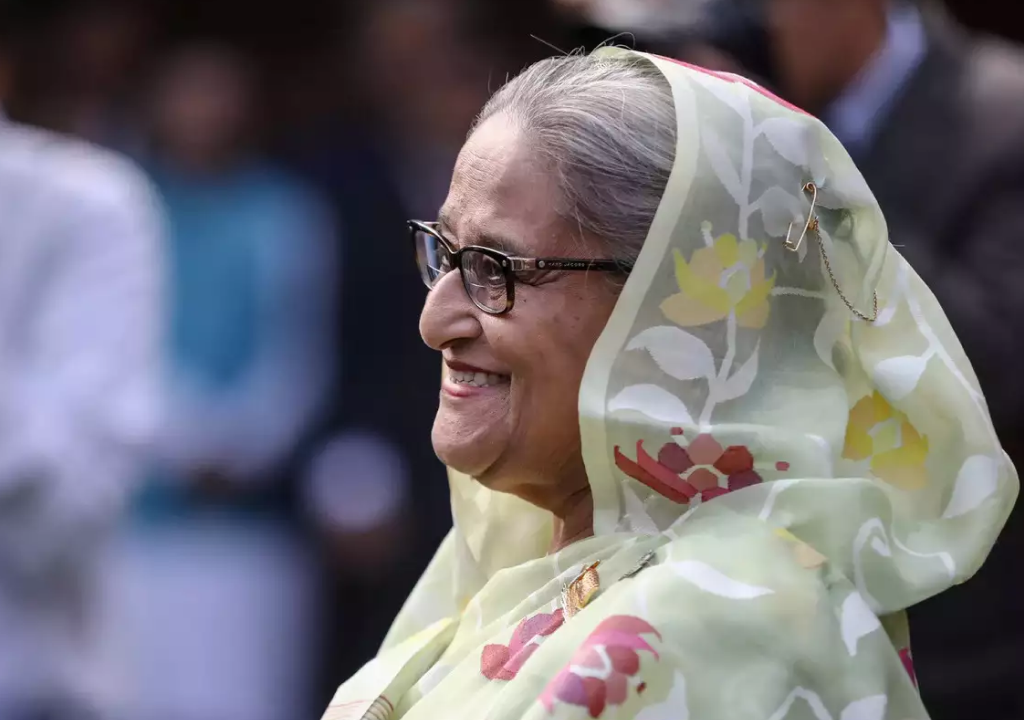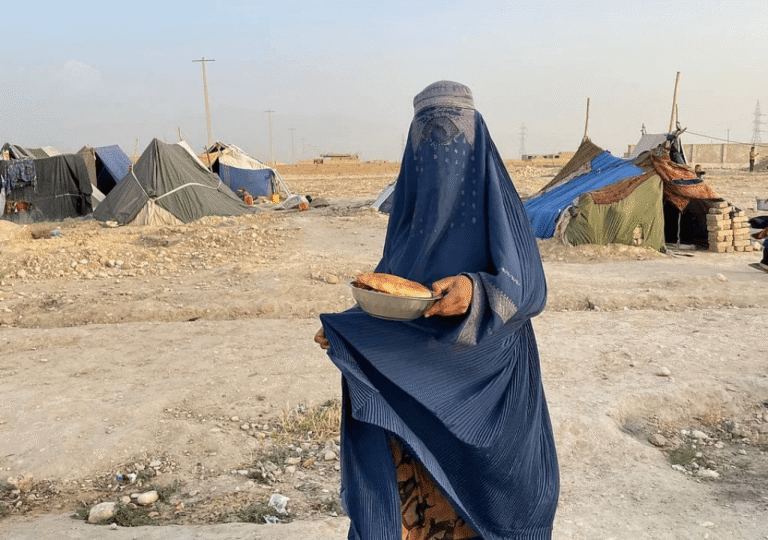Bangladesh has been in deep political turmoil for the past six months, marked by the ousting Prime Minister Sheikh Hasina in mass protests led by students and Islamists. These demonstrations escalated into violent attacks on Hasina’s supporters and minorities. Even after Hasina fled the state and her official residence was vandalized and looted—down to her personal belongings—the unrest did not subside. Despite Western-backed Yunus Khan assuming the role of interim leader and promising imminent elections, even at the cost of constitutional changes, the situation remains unstable. After six months of chaos, the country’s deepening economic troubles and worsening living conditions have led many to lose hope and many to shift their support back to Hasina. Her party is witnessing a revival, and pro-Hasina hashtags are resurfacing on social media, fueling fears of further political turmoil in the days ahead.
The country is now sharply divided into two factions. On one side are the forces that led the mass protests that ousted Sheikh Hasina—students, leftists, Islamists, and anti-India groups—who not only oppose Hasina but also reject the legacy of the nation’s founding leader, Sheikh Mujibur Rahman, and the Awami League, along with any historical ties to India.
On the other side are Awami League supporters and those disillusioned with the interim government’s rule. This group remained largely silent over the past six months due to intense crackdowns, but they are slowly resurfacing. As part of this resurgence, Sheikh Hasina, now in exile in India, addressed her supporters, sparking widespread outrage. In response, violent attacks erupted against symbols of her legacy, including her family home and institutions built during her tenure in Bangladesh.
Bangladesh police have arrested over 1,500 people since Saturday amid reports of mob violence and a sweeping security crackdown. The interim government, led by Muhammad Yunus, called for calm following the attack on Sheikh Mujibur Rahman’s residence. Hours later, members of the student-led movement that ousted Hasina were attacked in Gazipur, near Dhaka, prompting students to demand action.
The police crackdown, dubbed Operation Devil Hunt, is a joint effort between the army and police to suppress groups involved in recent violent incidents, targeting both supporters and opponents of the ousted premier. As Islamist factions gain ground, liberals and minorities who were once safeguarded under Hasina’s rule are increasingly becoming targets. On Monday, police placed publisher Shatabdi Bhaba under protective custody after a group of enraged Islamist students surrounded his stall at the Amar Ekushey Book Fair in Dhaka, where works by exiled feminist author Taslima Nasrin were on display.
The interim government, grappling with instability, fears Sheikh Hasina’s return as the nation’s identity remains closely tied to the Awami League, which still commands a loyal and sizable support base. Alarmed by the party’s potential resurgence, the government is reportedly considering a constitutional ban to curb its influence. On Monday, Bangladesh National Party (BNP) Secretary-General Mirza Fakhrul Islam Alamgir met with interim leader Muhammad Yunus to voice concerns over the escalating unrest, according to AFP.
Global perceptions of the Bangladesh riots that erupted in August have shifted in recent months. India appears to be leaning toward supporting Sheikh Hasina, wary of the prospect of Islamist rule on its eastern border. The viral image of Bangladeshi students desecrating Indian and Israeli flags circulated widely in India and the West, shaping opinions on the interim government.
Western governments have also voiced serious concerns over the rise in extrajudicial killings in Bangladesh. In early February, Ain o Salish Kendra (ASK), a Bangladeshi human rights organization monitoring attacks on minority communities, reported that 17 people had died in law enforcement custody during the interim government’s first five months, including a BNP leader. The report highlights an alarming increase in extrajudicial killings, fueling international criticism of human rights violations.
Despite this, support for Hasina and the Awami League appears to be growing. Even as party offices and homes of Awami League leaders were targeted—attacks spanning 35 districts, including the residence of A.K.M. Mozammel Haque, Minister for Liberation War Affairs—Hasina’s leadership continues to command significant backing. Both the interim government and Islamist factions remain wary of the Awami League. If constitutional changes are not implemented and elections are further delayed, support for Hasina will likely continue to surge, raising the possibility of yet another political upheaval. Bangladesh has a long history of mass mobilization, and the prospect of a new uprising looms large.








